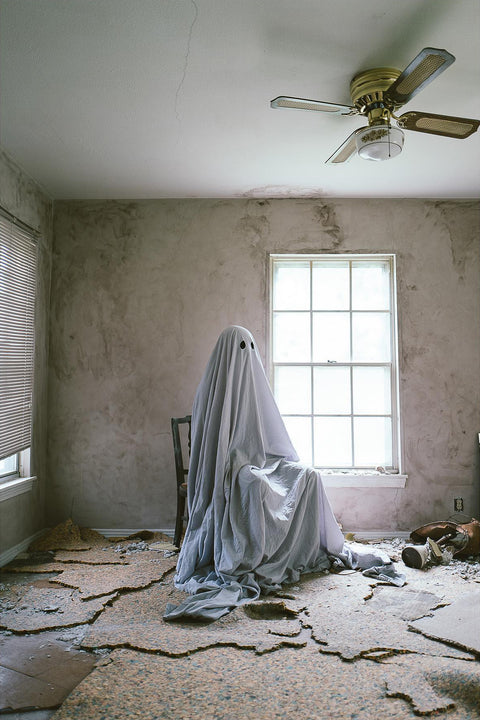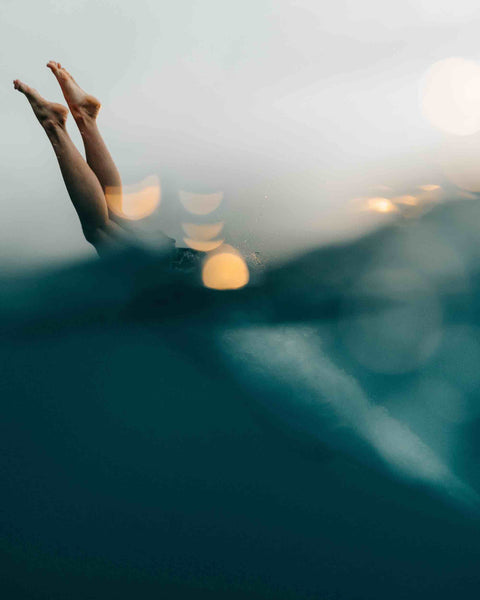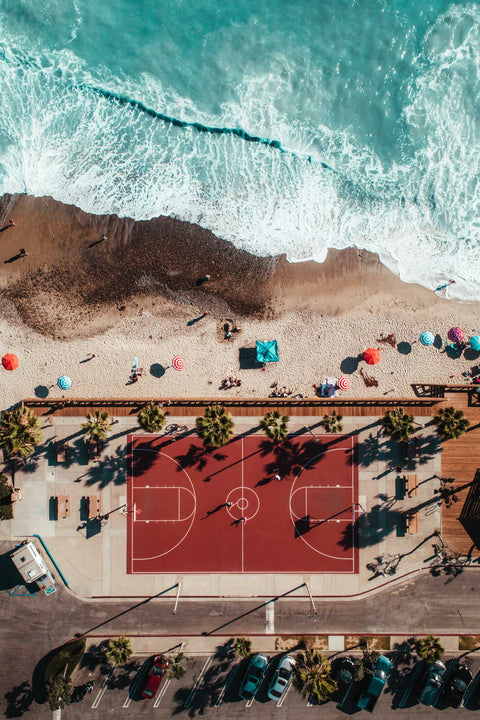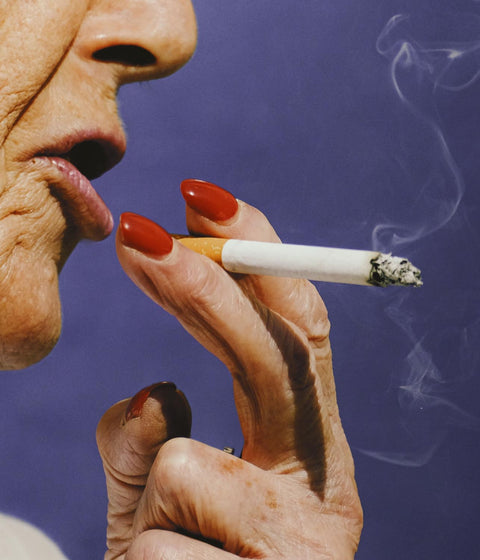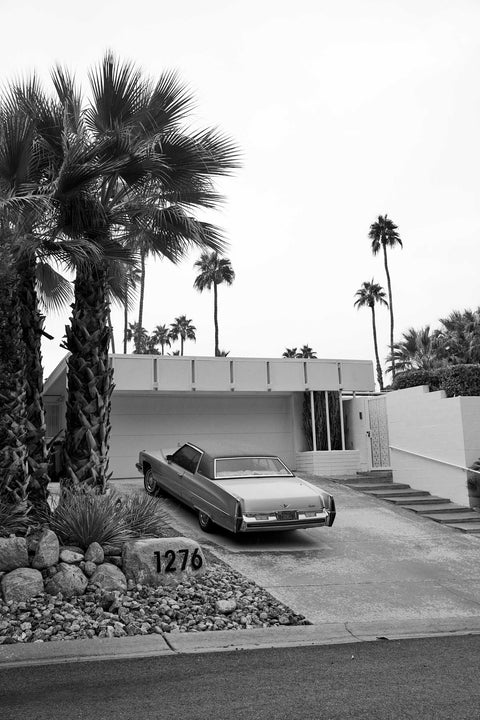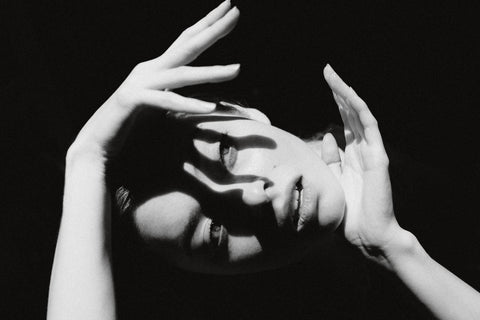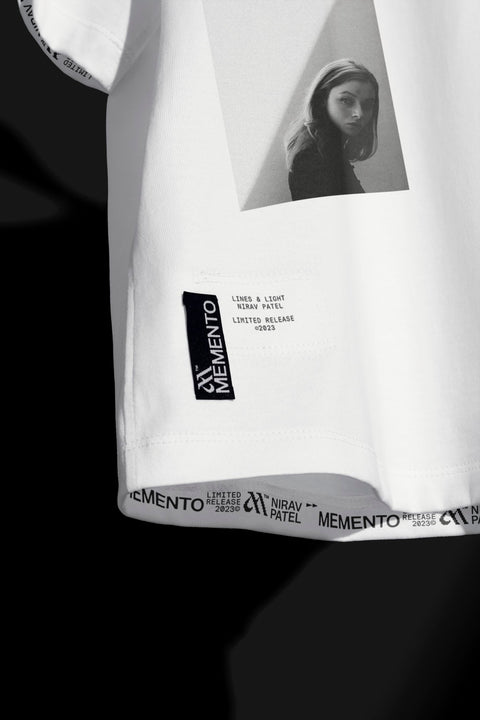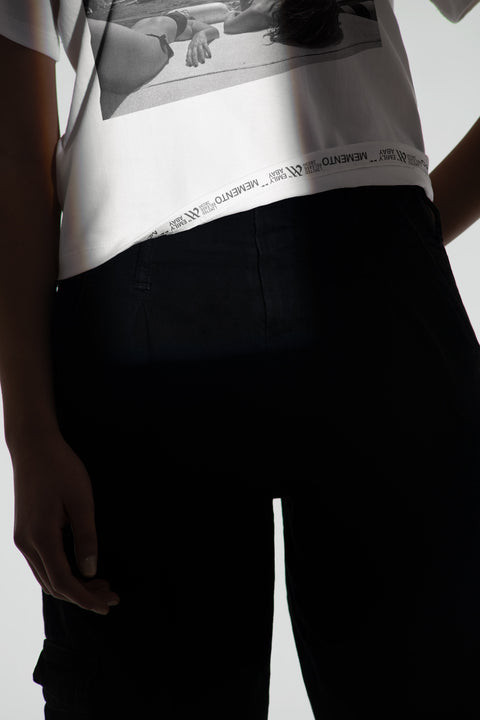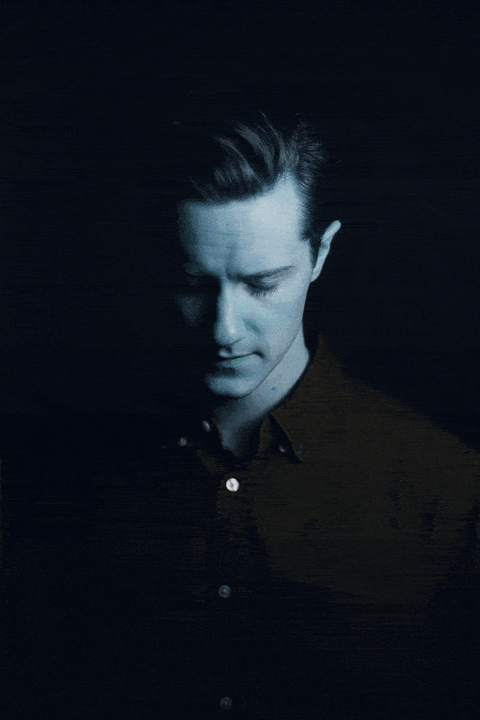
STEVEN SCHULTZ
Memento connected with Steven ahead of his first drop to explore his career as a photographer. Also, his thoughts on Memento’s mission to create elevated, offline alternatives to social media.

Can you describe what motivates you as a photographer and artist today? And if those motivations may have changed over time?
When I first started working as a photographer in college, I was just excited to make money off of, what was at the time, a hobby. That excitement grew when I graduated in 2017 and realized that I was capable of creating a full business around this hobby. Achieving that success was my motivation for many years, until 2020 hit and I was forced to re-examine everything.
To be fully transparent, that was the point where my motivation became survival. All I wanted was for my little business to live to see another day. I did everything I could to diversify my work and my skill set in order to weather the storm. And in a beautifully ironic way, the very things that I added to my business became their own forms of artistic motivation. Film photography, podcasting, YouTube, design, filmmaking — all of these things I intended to be life rafts were actually giving me life.
Now, in 2023, I’m shedding the last bits of that “survival” mentality, and beginning to fully embrace the diversity of the artistic avenues at my fingertips. I adore the way that different mediums interact with and influence each other, like how graphic design could influence my photography, or how filmmaking could inspire new ideas for our podcast. Right now, I feel entirely motivated to simply create for the love of creation. motivated.

“Film photography, podcasting, YouTube, design, filmmaking — all of these things I intended to be life rafts were actually giving me life.”
Do you have what you'd call a 'photographic style' or genre?
To be perfectly honest, I think I’m still discovering what my “style” is, and that excites me. The last three years in particular have brought about immense growth, specifically because of my focus on film photography and filmmaking. The process of shooting film has changed the way that I photograph the world, and working as a DP (Director of Photography) on a number of short and feature films has opened my eyes to an entirely new world of visual inspiration.
All that to say, this exact moment feels like a turning point in my career. I’ve logged my 10,000 hours, worked in hundreds of different environments, across dozens of different genres, and I feel like I’m just scratching the surface of my potential. I think I’m just now coming into my own and finding a deeper “why” behind my work, and that is an electrifying feeli
“I’ve logged my 10,000 hours, worked in hundreds of different environments, across dozens of different genres, and I feel like I’m just scratching the surface of my potential.”

Building from the above questions, we've observed your work across a variety of functions from commercial to documentary to what could be considered street or even fine art photography. Where do you envision focusing most in the years to come and why?
As I continue to hone my overall style, I plan to lean into portraiture the most, within the contexts of documentary and fine art. It’s what I’ve been naturally drawn to most often in my 10+ years of shooting, and that’s still where I feel like I truly come alive.
To get even more specific, I plan to create more intentional portraits that are inspired by cinema. I want to take the extra step to storyboard and compose scenes to photograph my subjects in. I almost envision it as filmmaking — one single frame at a time.
You've started a podcast three years ago. What are some of the more interesting episodes and/or learnings you've had from the pod experience so far?
“Rally Caps” has been one of the best investments of my time and creative energy for one central reason — the relationships. We’ve experienced this on two distinct levels. First, it has allowed us to connect with our fans in a much deeper way, due to the inherent long-form nature that you don’t typically get through Instagram and YouTube. The fact that our show has consistently shown up in dozens of “Spotify Wrapped” playlists at the end of the last three years is the coolest feeling.
Second, it has created so many deep friendships with our guests. Our friend Danny Gevirtz was a stranger to us when we first interviewed him 2.5 years ago, and since then, we’ve photographed his wedding and hosted the Chicago private screening of his first feature film, "I Think I'm Sick." He’s become a dear friend to us, as have many of our guests, and to think that it all started with a two-hour conversation for a little podcast is heart-warming. As far as I’m concerned, the show is a success for the relationships alone.
Why do you think fashion can be a powerful medium for photography and how has Memento influenced that opinion?
Getting images out from behind a screen completely changes the way you interact with them. Photo books and prints have been, and always will be, a romantic way to experience an image. Ink on paper is vastly different from pixels on a screen, and ink on fabric follows suit. The texture of fabric adds a new dimension to an image, and the ability to wear an image in different lighting conditions opens up a brand new way for you, and others, to engage with it. I’ve already experienced this with my own Memento editions. I can walk around town or go to my studio in Chicago and catch glimpses of my own work, on my own body, in various shadows and hard light that have never touched my images. It is a truly unique way to experience a photograph, the likes of which I’ve never seen (or felt) before.

“Photo books and prints have been, and always will be, a romantic way to experience an image. Ink on paper is vastly different from pixels on a screen, and ink on fabric follows suit.”
When getting your work out into the world, how do you think about the balance between offline and online mediums? Whether it be prints, books, Memento, etc. What do you think this balance should and will look like 50 years from now?

My opinion on this changes almost daily. It’s easy to despise the online methods of distribution — the toxicity and futility of social media can often feel overwhelming. But I also have to credit it for the audience that it has allowed me to share my work with, and I think this interview is the perfect example of that.
I would not have the opportunity to collaborate with Memento in this unique, beautiful way if I hadn’t shared my work online for years and years. Similarly, Memento has the ability to succeed and distribute offline, analog forms of media because of the online distribution of the internet. Online and offline ultimately go hand-in-hand.
Whether it’s now or 50 years from now, I think my approach will stay the same. I’ll try my best to toe the line between the two, recognize the pros and cons of each, and ultimately leverage the best parts of online and offline in order to give my work the breathing room it deserves.

VIEW MEMENTO BY STEVEN SCHULTZ




